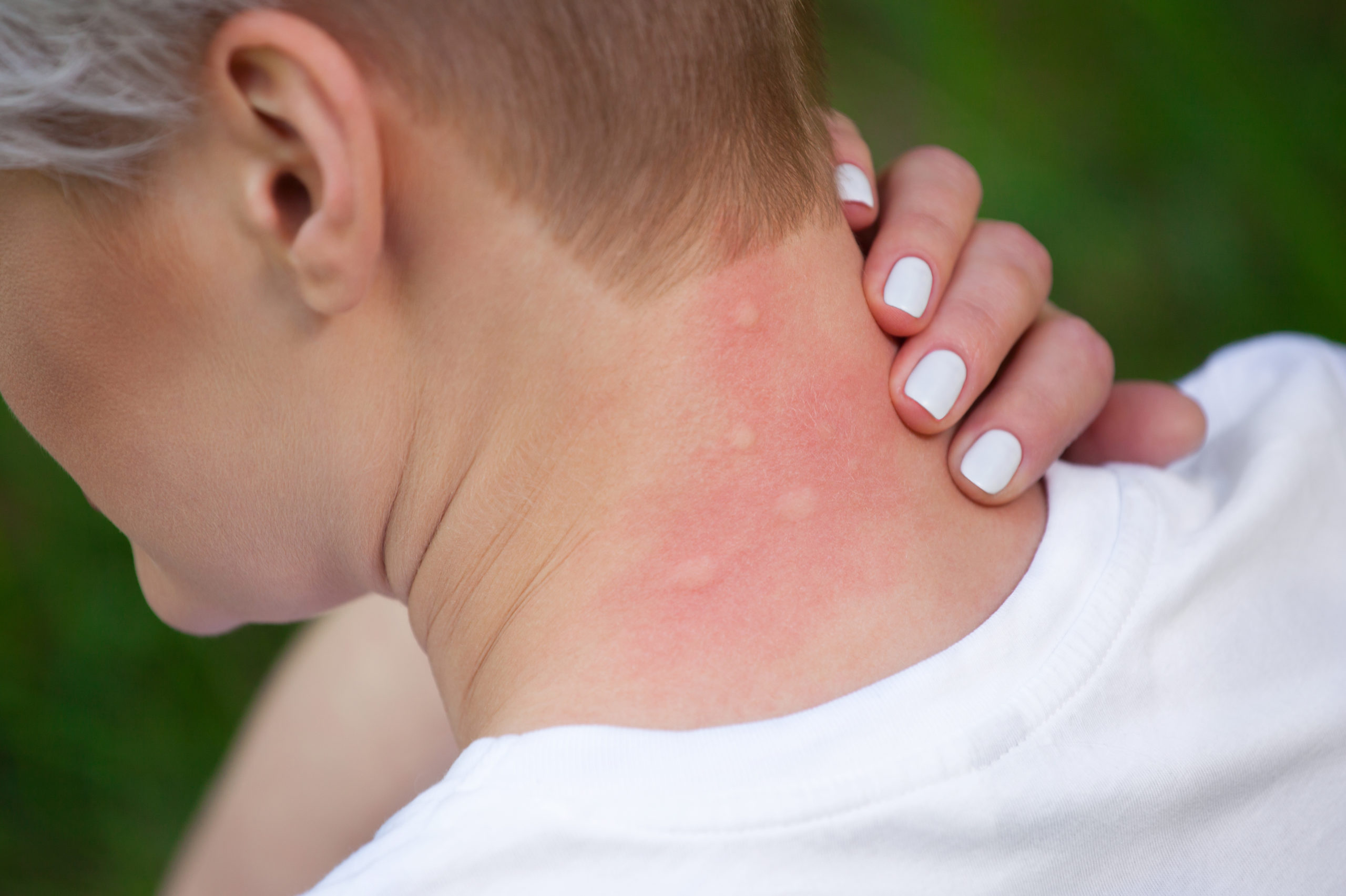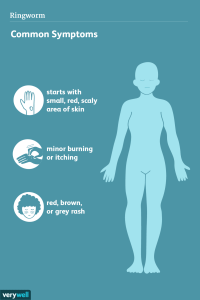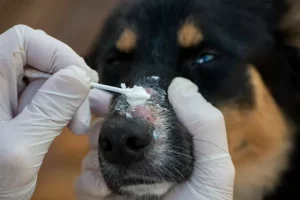- 9 February 2024
- 187
Defeating Ringworm: Key Insights and Practical Solutions

Defeating Ringworm
Ringworm, despite its misleading name, is not caused by a worm but rather by a fungus. This fungal infection can affect the skin on various parts of the body, leading to discomfort and irritation. In this article, we’ll delve into the key insights and practical solutions for defeating .
Introduction to Ringworm
What is ringworm? Ringworm, also known as dermatophytosis, is a contagious fungal infection that can affect the skin, scalp, and nails. It is caused by various types of fungi, including Trichophyton and Microsporum.
How does it spread? Ringworm spreads through direct contact with an infected person, animal, or contaminated surface. It thrives in warm and moist environments, making it prevalent in gyms, locker rooms, and swimming pools.
Symptoms of Ringworm
Ringworm manifests with several distinctive symptoms, including:
- Skin appearance: Circular, red, scaly patches that may itch or blister.
- Itchiness: Persistent itching in the affected areas.
- Redness: Skin may appear reddened and inflamed.
- Peeling: The skin may peel or become cracked.

Risk Factors
Certain factors increase the risk of developing, including:
- Direct contact: Sharing personal items like clothing, towels, or combs with an infected individual.
- Poor hygiene: Failing to maintain proper cleanliness, especially in communal areas.
- Warm and humid environments: Ringworm fungi thrive in warm, moist conditions.
Preventive Measures
Preventing ringworm involves adopting good hygiene practices:
- Cleanliness: Regularly wash hands and bathe with soap and water.
- Avoid sharing personal items: Refrain from sharing clothing, towels, or other personal items.
- Proper hygiene practices: Keep living spaces clean and dry, especially in communal areas.
Treatment Options
Several treatment options are available:
- Over-the-counter antifungal creams: These can help alleviate symptoms and promote healing.
- Prescription medications: In severe cases, oral antifungal medications may be prescribed.
- Home remedies: Natural remedies like tea tree oil, garlic, coconut oil, and aloe vera may offer relief.
Dealing with Ringworm in Pets
Pets can also contract, necessitating specific care:
- Importance of veterinary care: Seek veterinary attention for pets showing signs.
- Cleaning pet areas: Regularly clean and disinfect pet living spaces and belongings.
- Preventive measures: Practice good hygiene when handling pets and their belongings.

Impact on Daily Life
Ringworm can have a significant impact on daily life, including:
- Social stigma: Misconceptions surrounding may lead to social stigma.
- Discomfort: Itchy, inflamed skin can cause discomfort and irritation.
- Psychological effects: Dealing with a visible fungal infection may affect self-esteem and confidence. Explore More About (Enhancing Memory)
Complications
If left untreated,can lead to complications such as:
- Secondary infections: Scratching affected areas can introduce bacteria, leading to secondary infections.
- Spread to other body parts: Ringworm can spread to other areas of the body if not properly treated.
- Scarring: Severe cases of ringworm may result in scarring or permanent skin damage.
Ringworm in Children
Children are particularly susceptible, especially in school environments:
- School environments: Close contact and shared spaces in schools increase the risk of transmission.
- Treatment considerations: Prompt treatment is essential to prevent spread and discomfort.
- Preventive measures for parents: Educate children about good hygiene practices and encourage regular handwashing.
Natural Remedies
In addition to conventional treatments, several natural remedies may help alleviate symptoms:
- Tea tree oil: Known for its antifungal properties, tea tree oil can be applied topically to affected areas.
- Garlic: Garlic has antimicrobial properties that may help combat fungal infections.
- Coconut oil: Applying coconut oil to the affected areas may help soothe itching and promote healing.
- Aloe vera: Aloe vera has cooling and anti-inflammatory properties that can provide relief from symptoms.
Myths vs. Facts
Dispelling common myths:
- Common misconceptions: Ringworm is not caused by worms and does not exclusively affect children.
- Clarification on treatment effectiveness: While some home remedies may provide relief, medical treatment is often necessary for complete resolution.
When to Seek Medical Help
Medical attention should be sought if:
- Symptoms persist despite home treatment.
- There are signs of secondary infection.
- The infection spreads or worsens.
The Importance of Timely Treatment
Prompt treatment is crucial for:
- Preventing further spread of the infection.
- Speeding up the recovery process.
Conclusion
Ringworm, though common, can be effectively treated and prevented with proper care and hygiene practices. By understanding its causes, symptoms, and treatment options, individuals can successfully defeat minimize its impact on their lives.

